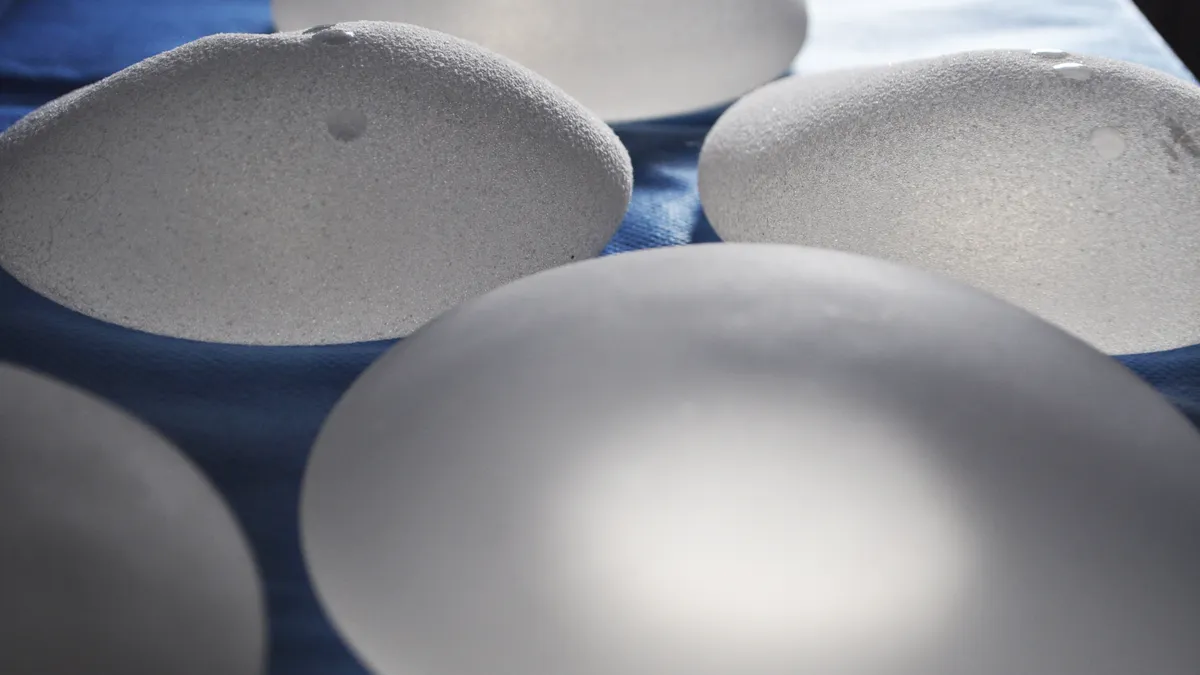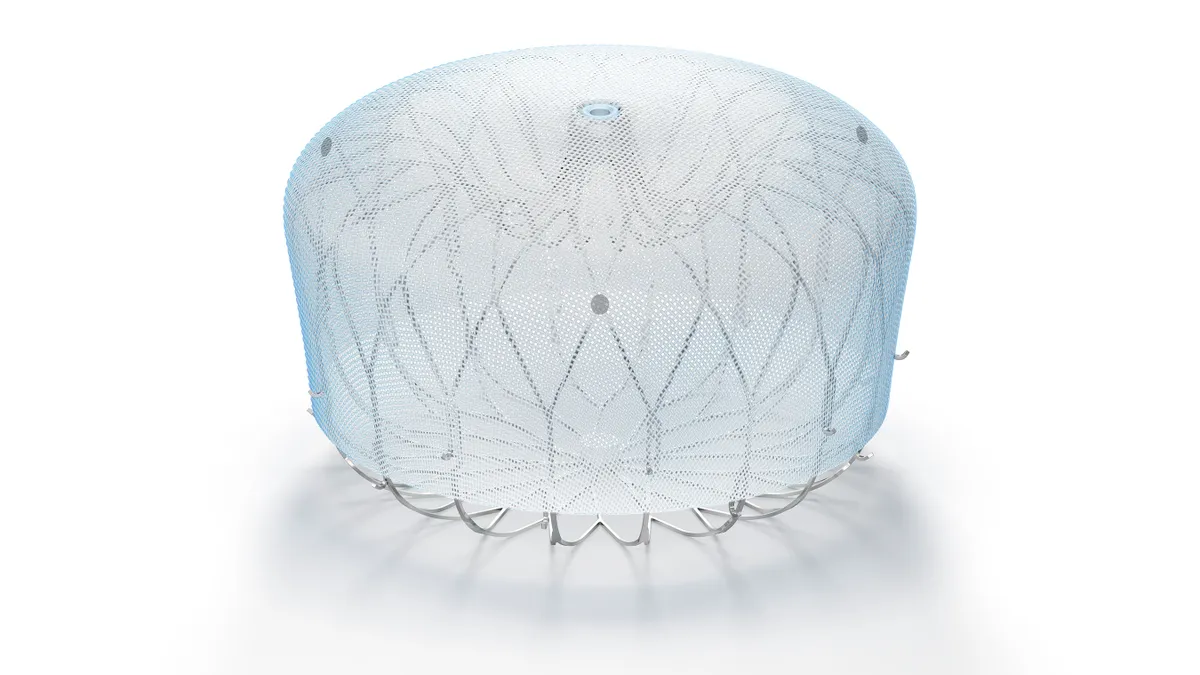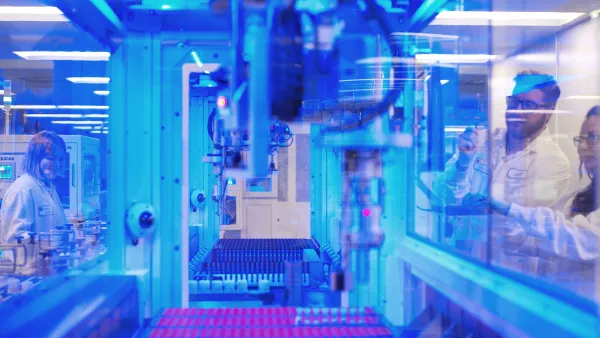Dive Brief:
-
The Therapeutic Goods Administration is following through on plans to temporarily or permanently remove certain textured breast implants and tissue expanders from the Australian market after concluding a safety review of the devices it initiated in May.
-
The health regulator said Thursday it will bar the import, export and supply of eight models of breast implants for six months while it "works with industry sponsors to ensure the devices meet all the necessary requirements for patient safety." Stock of unused devices will be recalled during the period, TGA said.
-
Additionally, TGA is enacting new regulations for all remaining manufacturers, requiring more thorough and timely communication with the agency regarding complaints and adverse events as well as clearer information sharing with patients and clinicians on the risk of BIA-ALCL, a rare cancer linked to the devices.
Dive Insight:
Like other nations, Australia is paying increasing attention to the apparent link between breast implants and the development of a rare form of lymphoma found in the scar tissue and fluid near the device. TGA said Thursday it's aware of "around 100" cases in Australia of breast implant associated anaplastic large cell lymphoma, or BIA-ALCL. That's up from the 78 cases it reported as of May 3.
The regulator's review took into account input from manufacturers, patients and the Breast Implant Working Group, a cohort of experts TGA convened in April after regulators in France and Canada took action against textured implants. The review involved lab testing of implant samples as well as a "full statistical review" of all BIA-ALCL cases reported through the end of May.
TGA said the suspensions affect 13% of the available devices on the market. The list of affected products includes three models from U.K. manufacturer Nagor, one from French company Groupe Sebbin SAS, and two each from German device maker Polytech Health & Aesthetics and French manufacturer Eurosilicone SAS. No tissue expanders are affected.
Since the time the review began, two manufacturers removed their products from the Australian market. In the weeks following TGA's announcement, Allergan initiated a voluntary worldwide recall of numerous models of its Biocell macrotextured implants at the prompting of FDA. Separately, U.S. tissue expander maker AirXpanders filed for Chapter 7 bankruptcy.
If safety and performance concerns related to the devices aren't resolved during the suspension period, they may be fully canceled from the Australian Register of Therapeutic Goods, TGA said.
Similarly, manufacturers that don't fully comply with new reporting requirements also risk their devices' place on the market, TGA said. Those requirements include reporting all known cases of BIA-ALCL to TGA within 10 days, offering frequent reports to TGA on complaints, adverse events and worldwide supply data, and providing clear, written information on the risk of BIA-ALCL associated with the devices for clinicians and patients.
The manufacturers subject to the new regulations include the aforementioned companies affected by suspensions as well as Allergan, J&J-owned Mentor, and Establishment Labs.
FDA has considered placing additional parameters on U.S.-approved manufacturers. At a two-day advisory committee meeting on the subject in March, stakeholders discussed the possibility of adding a black box warning and a more thorough informed consent checklist to the devices. In a July 24 update, FDA said it is "considering" those recommendations.
FDA said in the same update it had requested all approved manufacturers to provide "quarterly trending analyses" of BIA-ALCL and other adverse events, and a report of all individual events in registries and its adverse event database.












